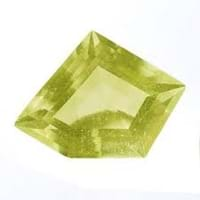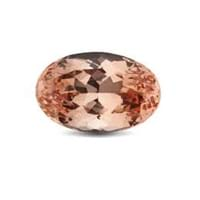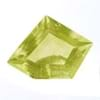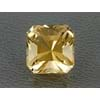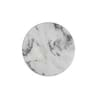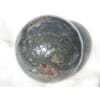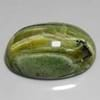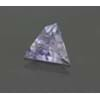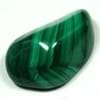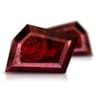Libyan Desert Glass Vs Morganite
Origin
Not Available
Afghanistan, Southern and central Africa, Brazil, Mozambique, Pakistan, Russia, Sri Lanka, USA
Color
Not Available
Violet, Colorless, pink
Streak
Not Available
Not Available
For which Rashi?
Not Available
Libra
Planet
Not Available
Venus
Element of Planets
Not Available
Water
Finger
Not Available
Not Available
Ring Metal
Not Available
Not Available
Energy
Not Available
Receptive
Deities
Not Available
Poseidon, Neptune, Tiamat, Mara
Not to wear with
Not Available
Not Available
Powers
Not Available
Psychic Power, Love
Planetary
Not Available
Not Available
Talisman
Not Available
Not Available
Tenacity
Not Available
Not Available
Solubility
Not Available
Not Available
Durability
Not Available
Not Available
Specific Gravity
2
2.71-2.90
Fracture
Not Available
Not Available
Cleavage
Not Available
3,1 basal
Mohs Hardness
Not Available
7.5-8
Chemical Composition
Not Available
Be3Al2SiO6
Luster
Not Available
Vitreous
Pleochroism
Not Available
Distinct: pale pink bluish-pinkHerve Nicolas Lazzarelli
Dispersion
Not Available
Not Available
Transparency
Not Available
Transparent, Translucent, Transparent to translucent
Refractive Index
1.46-1.465
1.573-1.600
Optic Character
Not Available
Not Available
Crystal System
Not Available
Hexagonal
Birefringence
Not Available
0.005-0.009
Clarity
Not Available
Transparent to translucent
Neurological
Not Available
Not Available
Cardiovascular
Not Available
Not Available
Respiratory
Not Available
Not Available
Reproductive
Not Available
Not Available
Digestive
Not Available
Not Available
Psychology
Not Available
Not Available
Healing
Not Available
Not Available
Qualities Associated
Not Available
Not Available
Libyan Desert Glass Vs Morganite Fracture
Fracture is an important parameter when you compare Libyan Desert Glass and Morganite Physical Properties. It is necessary to understand the significance of these properties, before you compare Libyan Desert Glass Vs Morganite fracture. Whenever a gemstone chip breaks, it leaves a characteristic line along its breakage. Such lines are known as fracture and are used to identify the gemstones in their initial stages of production when they are in the form of rough minerals. Fracture is usually described with the terms “fibrous” and “splintery” to denote a fracture that usually leaves elongated and sharp edges.
Libyan Desert Glass Vs Morganite Luster
A primary knowledge about Libyan Desert Glass vs Morganite luster is useful in apparent identifications of these gemstones. Luster is the measure of light that gets reflected when incident on a finished cut gemstone. There are two major types of lusters: Silky and Adamantine. Since luster varies between two crystals of even the same gemstone, luster is limited to basic identification criteria. Morganite, on other hand, exhibits Vitreous luster.
